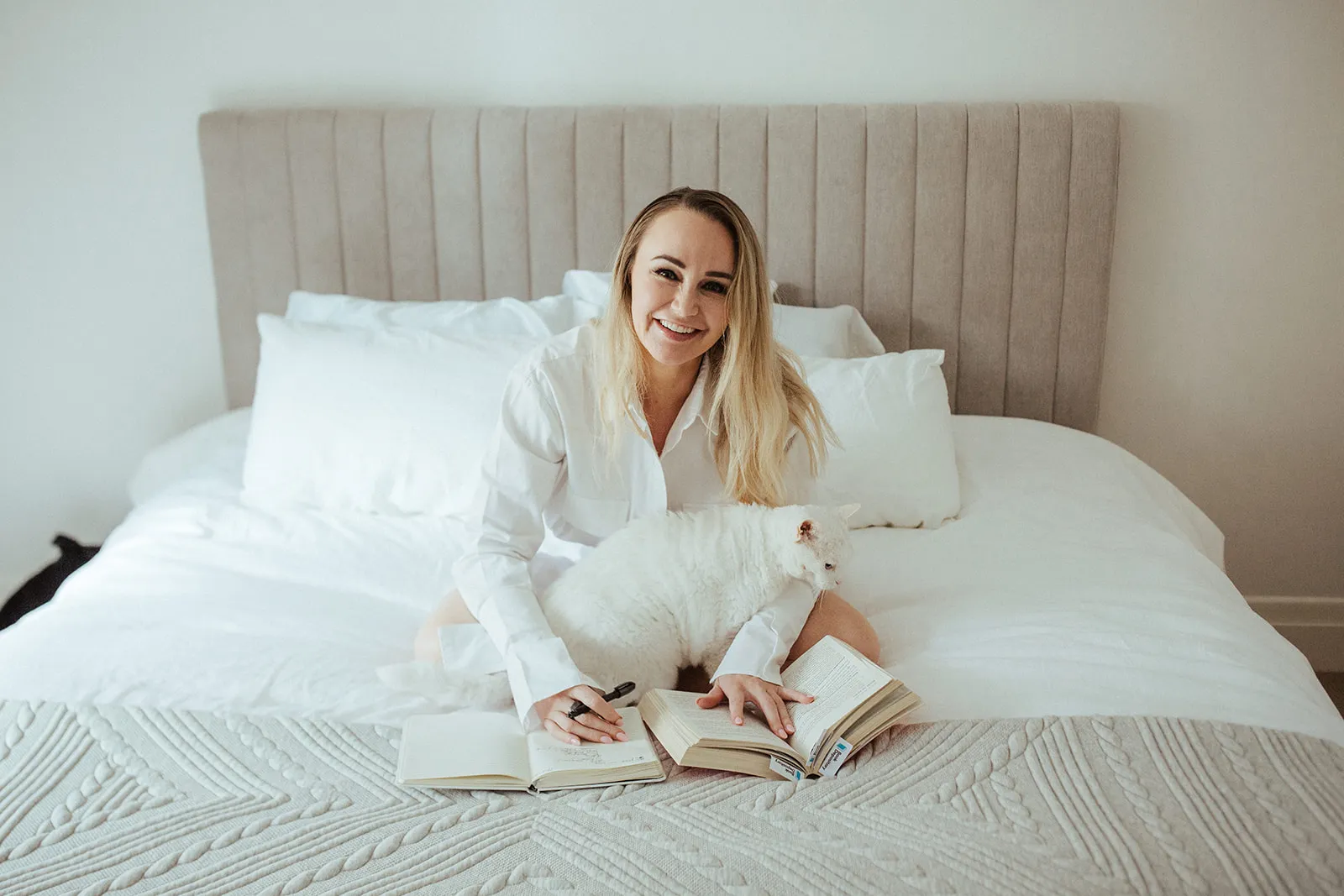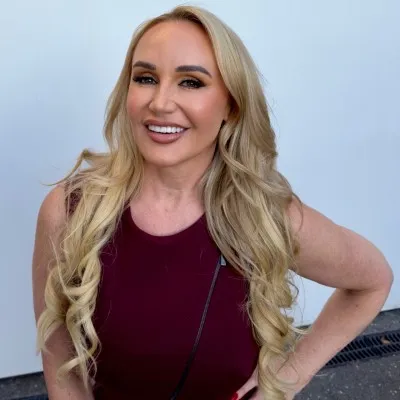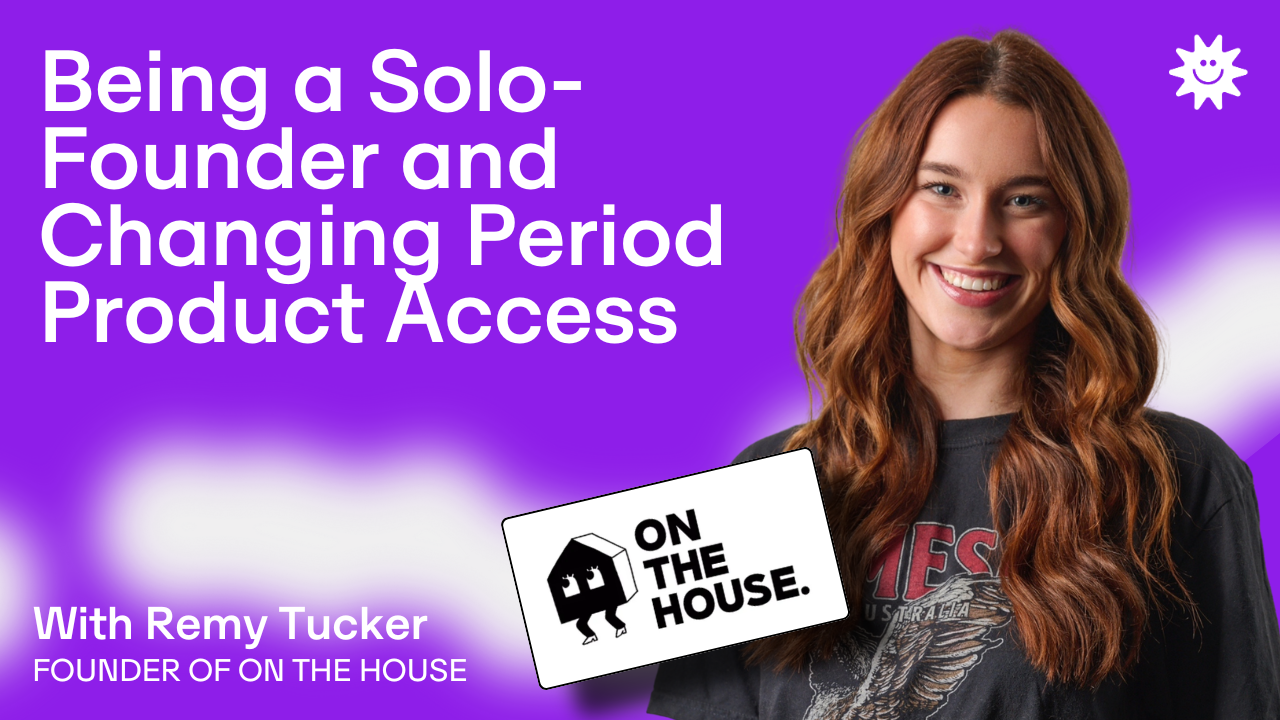My mum used to call me ‘Hollywood’ as a child because I loved the limelight, and was prone to embellishing here and there. Back then, I proudly wore the name as if it was a crown and I was a mega-star, with the thought I would be a famous actress one day.
Since growing up, I’ve realised I've always been a storyteller, living, breathing and seeing the world through narratives. It is how I am made.
Yet for years, I've shied away from actually publishing my stories, instead writing scribbles in journals, notes on my phone, and drafting half-finished copy on my laptop. I always thought I would someday get started on that book or serious blog.
This is the norm for so many of us. We think we have more time than we actually do. We believe the skills we need to achieve our BHAGs — Big Hairy Audacious Goals — will come naturally. But much to our dismay, these skills don’t magically appear.
Do we then prioritise time to learn and hone in on our skills and improve performance? Given we’re irrational beings, not usually. We often distract ourselves or focus on something else, saying things like we are too busy and putting our BHAG into the dangerous ‘someday, one-day’ column.
But the thing is, someday or one day is a day that will never come.
That’s why this story is dedicated to all the other storytellers out there with words that deserve to see the light of day.
How I overcame my fear of publishing
The year was 2019, and I made the huge, life-altering decision to move from NZ to Australia. As I packed, I opened that cupboard in my office, and found myself staring at hundreds of journals of all colours, shapes and sizes. I felt like a deer, frozen in the bright white beams of an oncoming vehicle.
I was looking at a lifetime of work, never finished, never read by anyone, incomplete.
My skills remained un-honed, writing goals not met. I had no idea what to do next, and whether or not to send the darned things to Australia as part of my new life.
They reminded me I had settled for less than I could be and what a procrastinator I had become.
In the end, I did ship those journals, and I published my first blog post on the 30th of December 2019.
How did I get past my procrastination? I ditched my sky-high aspirations. My blog was not about becoming a rockstar, uber-famous, published writer.
It was a place to learn in public.
It was a place to create my art.
It was a place to develop my writing, storytelling and editing skills.
It was a way to learn by doing.
And most of all, it was a place to ship completed work.
I realised if you don’t ship your work, it doesn’t count.
You can become a great storyteller
Storytelling is not a gift reserved for the chosen few — the professional screenwriter, journalist or pro-blogger. Nobody is born a highly skilled storyteller. But, like any other skill, storytelling is something you can learn and perfect with practice.
Storytelling fosters connection, empathy and understanding between people. It is a powerful form of communication. Skillful storytelling helps listeners and readers understand complex concepts and ideas in meaningful and often personal ways. Every day, we decide what we think, feel, believe and do because we hear stories that resonate with us.
In the context of startups, our ideas spread when we take the time to tell stories about them. These compelling stories, in turn, give others a reason to care.
Want to be your authentic self? Write a story. It allows you to express yourself, finely crafting and curating the language to get across what you really mean and want to say.
Ever wanted to be a TEDx presenter? You better become a master storyteller.
Want to be the most powerful, influential person in the room? Being a storyteller allows you to command a room, even filled with execs or people far more important on paper.
Stories allow us to sell a vision, and when other people are enthralled, they are drawn in to be part of it.
Storytelling makes your thinking and learning visible and permanent. It fosters your ability to explain and refine your ideas.
Storytelling develops your thought processes, broadens your knowledge and widens your vocabulary. You might even get better at Scrabble or Wordle too.
For anyone reading this, if you think you are a storyteller, you probably are, even if you don't currently write, blog or ship stories.
You’re not walking the path untrodden
It all starts with acknowledging your instincts and learning how to turn those instincts into a craft.
Many storytellers take inspiration from inside their lives, the world and those they know.
So it makes sense that many storytellers get started later in life — when they have lived more than a little, and feel they have something to say.
If this resonates with you, then know you’re in good company.
Samuel Langhorne Clemens, better known by his pen-name Mark Twain, published his first novel The Adventures of Tom Sawyer when he was 41.
Love Lord of the Rings? J. R. R. Tolkien’s first novel The Hobbit was published when he was 45 years old. He worked on Lord of the Rings for the next ten years, publishing the trilogy over the years 1954 and 1955, by which time he was 63.
Bram Stoker didn't write Dracula until he was 50.
Daniel Defoe published his debut novel Robinson Crusoe at age 59.
Just get started
Start before you’re ready, as you’ll probably never feel ready to share your stories.
Start before you feel good enough. Feeling good enough is a myth. We all experience self-doubt.
Start even when you think you have no time. You’ll probably never have enough time. Make time.
Pick a place to sit.
Pick the tools you’ll use. Laptop, journal, or otherwise.
Pick a time to write. Schedule it on your calendar.
Pick a place you’ll publish — somewhere like Medium or Substack — and, well, publish. Commit to once or twice a week to get in those reps and practice.
Then show up. Tell your stories. Honour your commitments. Hone your craft. Ship your work. Build trust and connection with the people you want to matter to through the power of story.
Resources
Dialogues: The Science and Power of Storytelling
Storytelling to Be Real: Narrative, Legitimacy Building and Venturing






.jpg)

